Mythology
-
Maxfield Parrish embarked on his artistic journey at the age of 25, initially working as an illustrator, where he was responsible for magazine covers, advertisements, posters, and various book illustrations. By 1917, he had already established himself as a prominent commercial artist when he was commissioned by General Electric to create a series of illustrations…
-
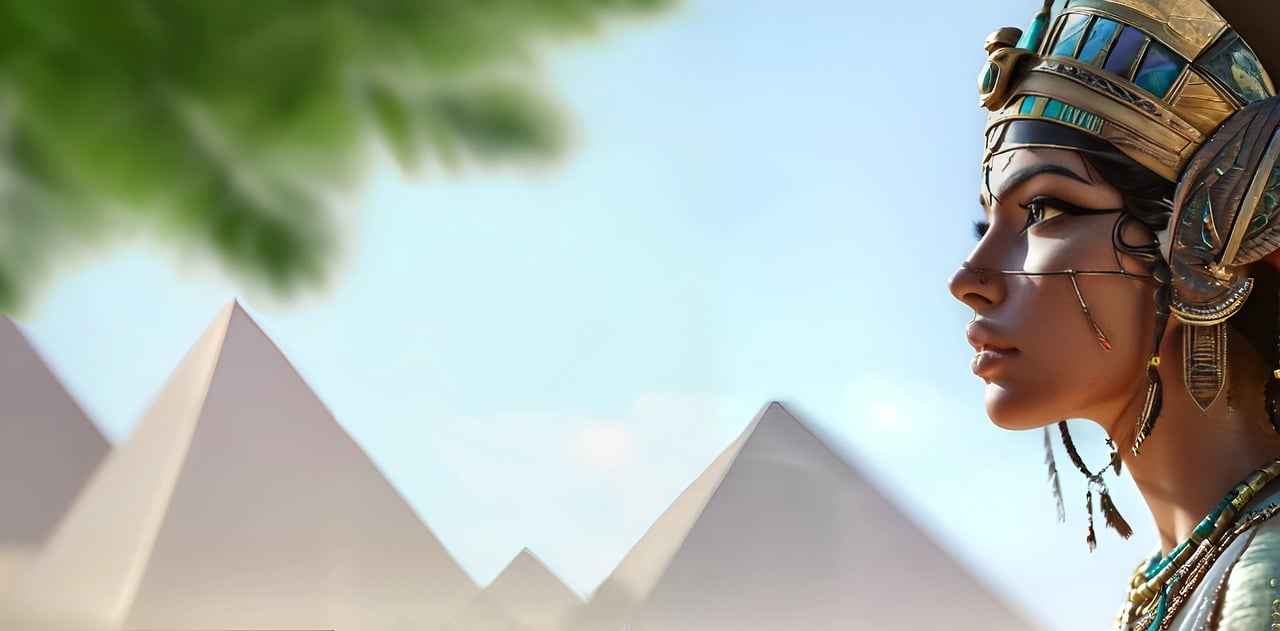
Apollo, the famed son of Zeus and Leto, is a revered figure in mythology, best known for his dual character embodying light and illumination in various forms. His birth is said to have taken place on the island of Delos, alongside his twin sister Artemis (Diana). Initially seen as a god of light, Apollo was…
-
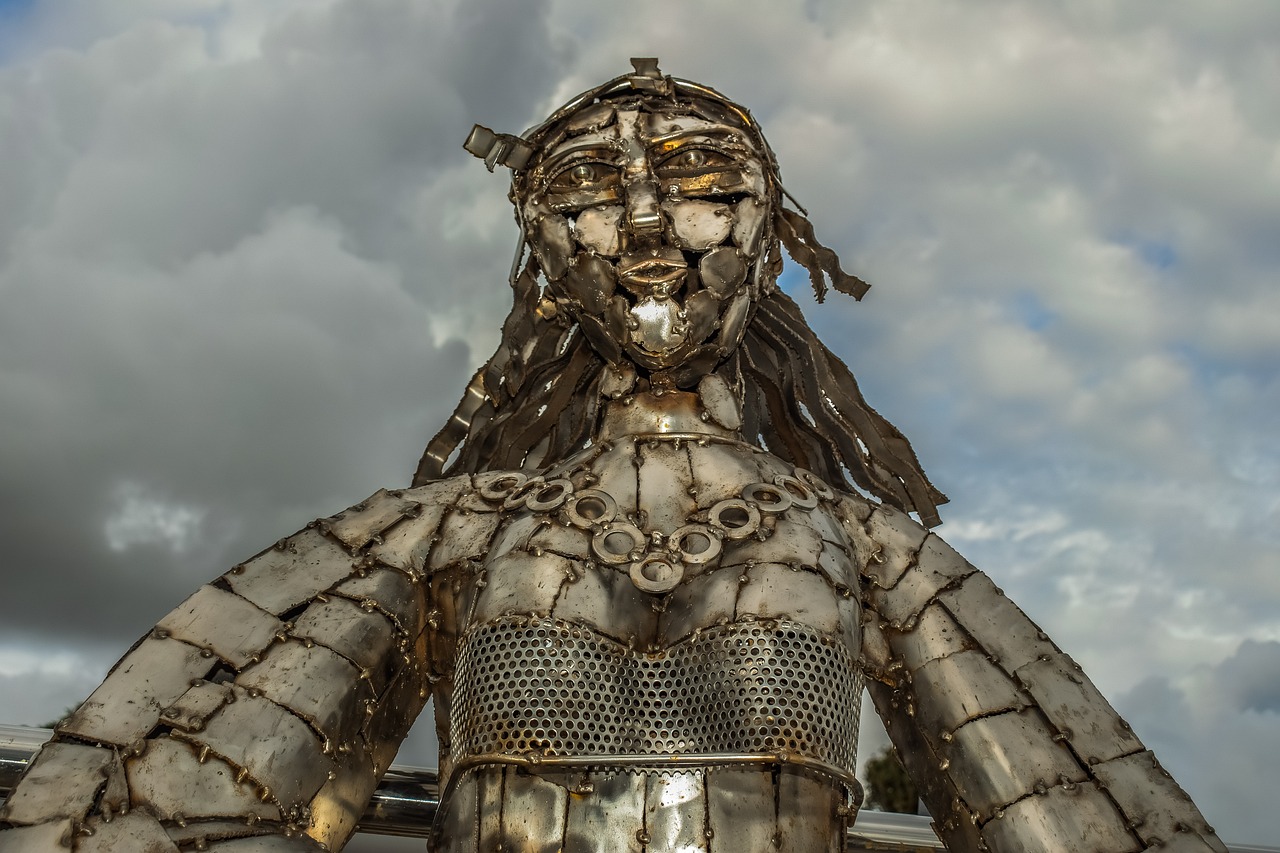
Hera, the revered queen of the Olympian gods, embodies the divine aspects of marriage, women, the heavens, and the celestial stars. Often depicted as an exquisitely beautiful figure wearing a regal crown and clutching a scepter adorned with lotus motifs, she is sometimes seen alongside symbols such as a lion, a cuckoo, or a hawk.…
-
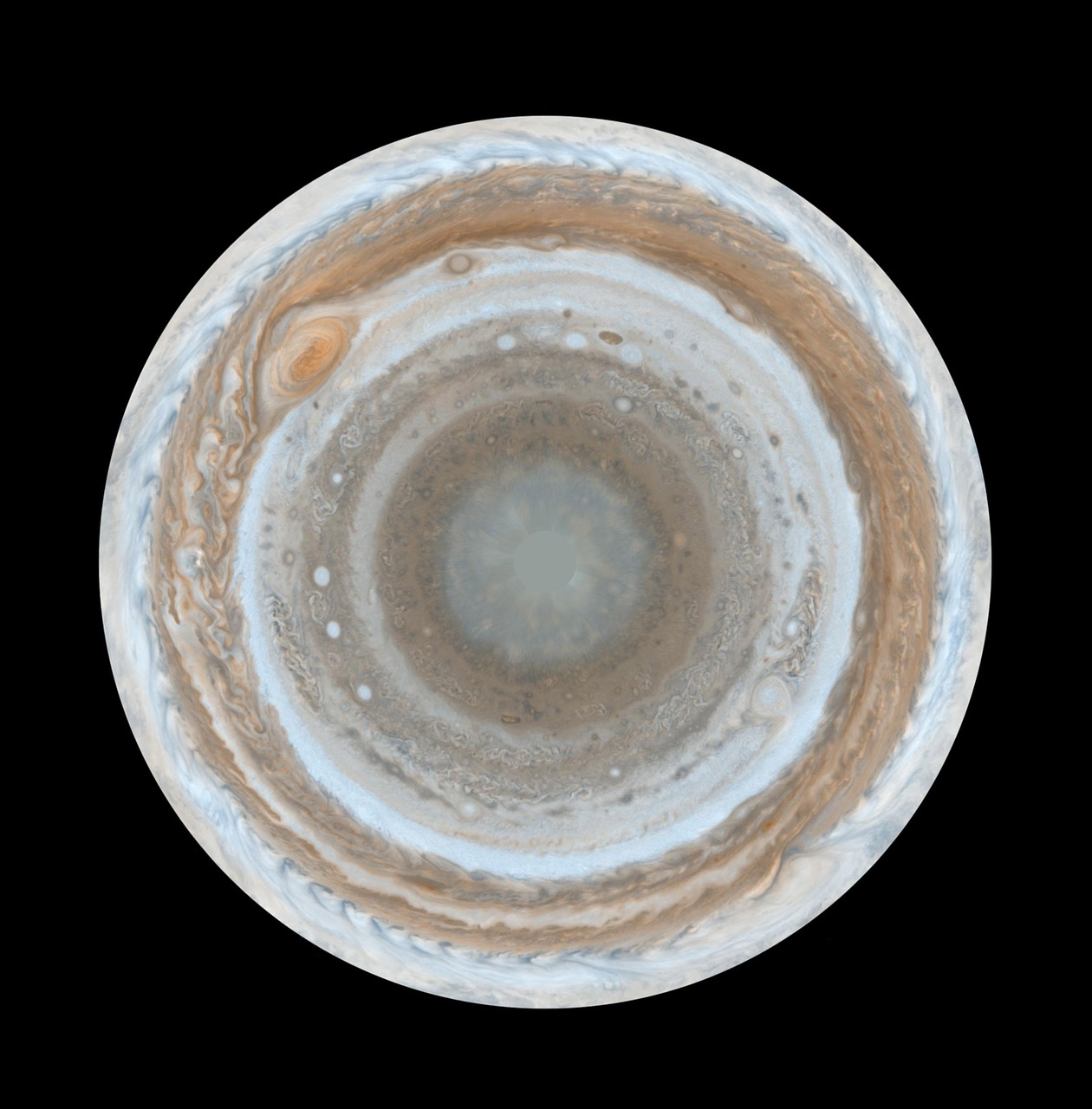
The Mighty Jupiter: King of the Roman Gods Jupiter, known as the god of sky and thunder, is significant in Roman mythology. He is the equivalent of the Greek god Zeus and is sometimes referred to as Jove. Being the chief deity, his influence extends to various aspects of Roman culture and religion. Jupiter is…
-

The Titaness Rhea in Greek Mythology Overview Rhea, also known as Rheia, is a prominent Titaness in ancient Greek mythology, recognized as the matron of the gods and a deity symbolizing fertility, motherhood, and generational continuity. Her name, signifying “flow” and “ease,” reflects her embodiment of the natural cycles of life, such as menstruation, childbirth,…
-
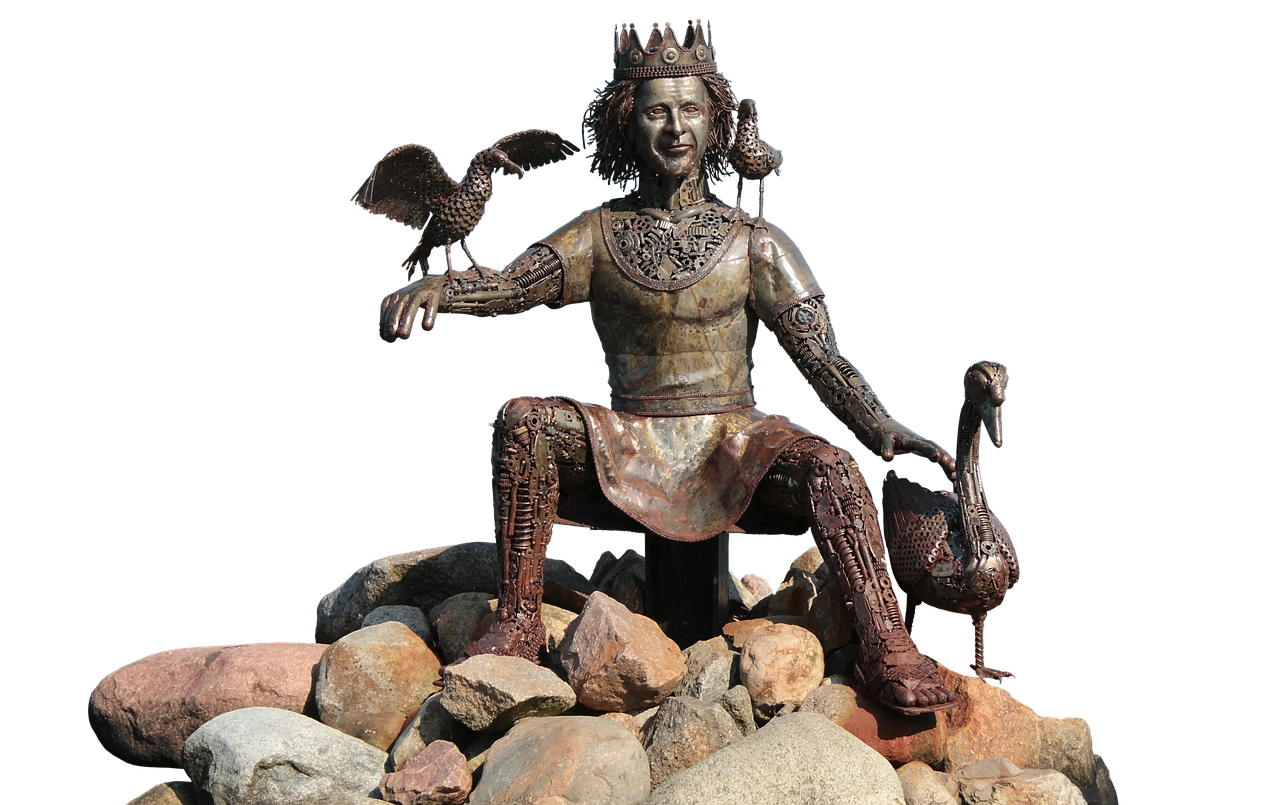
In the ancient Greek civilization, myths served as a vital means of documenting history and legitimizing political initiatives. While today’s understanding often equates “myth” with “fiction,” in the past, myths represented an alternative version of reality. The elevation of Theseus to the status of Athens’ national hero is evident in the development of his portrayals…
-

Minerva: The Roman Goddess of Wisdom and Artistry Overview Minerva stands out as one of the most esteemed deities in Roman mythology, recognized for her immense wisdom, intellectual prowess, and artistic inspiration. Positioned among the divine elite, she was revered not only for her keen understanding and foresight but also for her military acumen, symbolizing…
-
Exploring the Life and Legends of Medb: The Warrior Queen of Connacht Myths are inherently subjective, often merging fragments of truth with fiction. This pattern is evident across cultures, whether in Greek, Chinese, or any other mythology. However, Celtic mythology offers a unique case with Medb, a potent figure who is believed to have existed.…
-
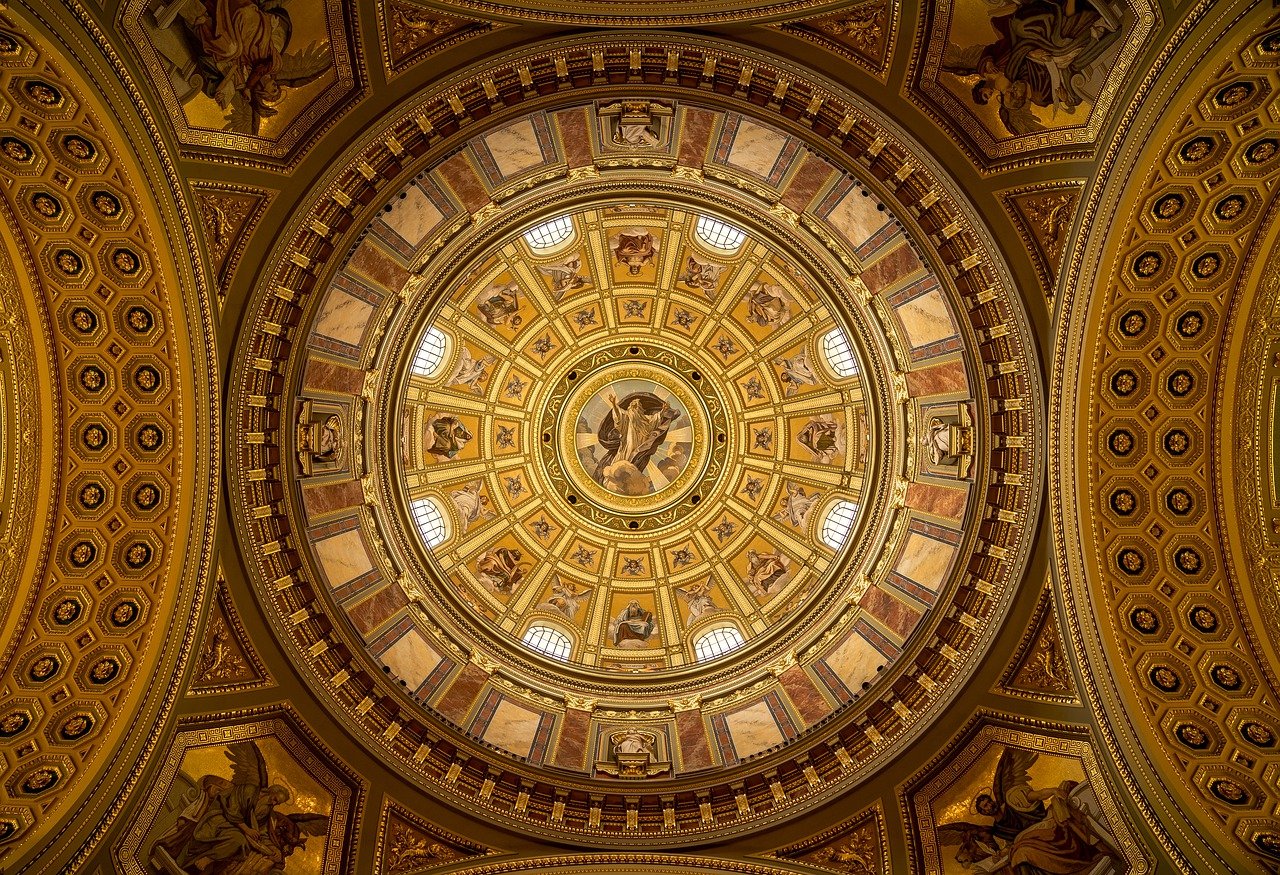
Celtic religion encompasses the spiritual beliefs and rituals practiced by the ancient Celtic peoples. Originating from an Indo-European heritage, the Celts experienced a peak in their cultural and territorial expansion around the 4th century BC, spreading across Europe from Britain to Asia Minor. However, starting from the 3rd century BC, their history began to wane,…
-
The rich tapestry of Irish and Welsh mythology features a myriad of enigmatic characters, among which Arawn stands out. Despite the erosion of many narratives through the ages, Arawn’s tale persists, offering a glimpse into the realms of Celtic and Welsh folklore. What is Arawn the God Of? Arawn is often referred to as a…


